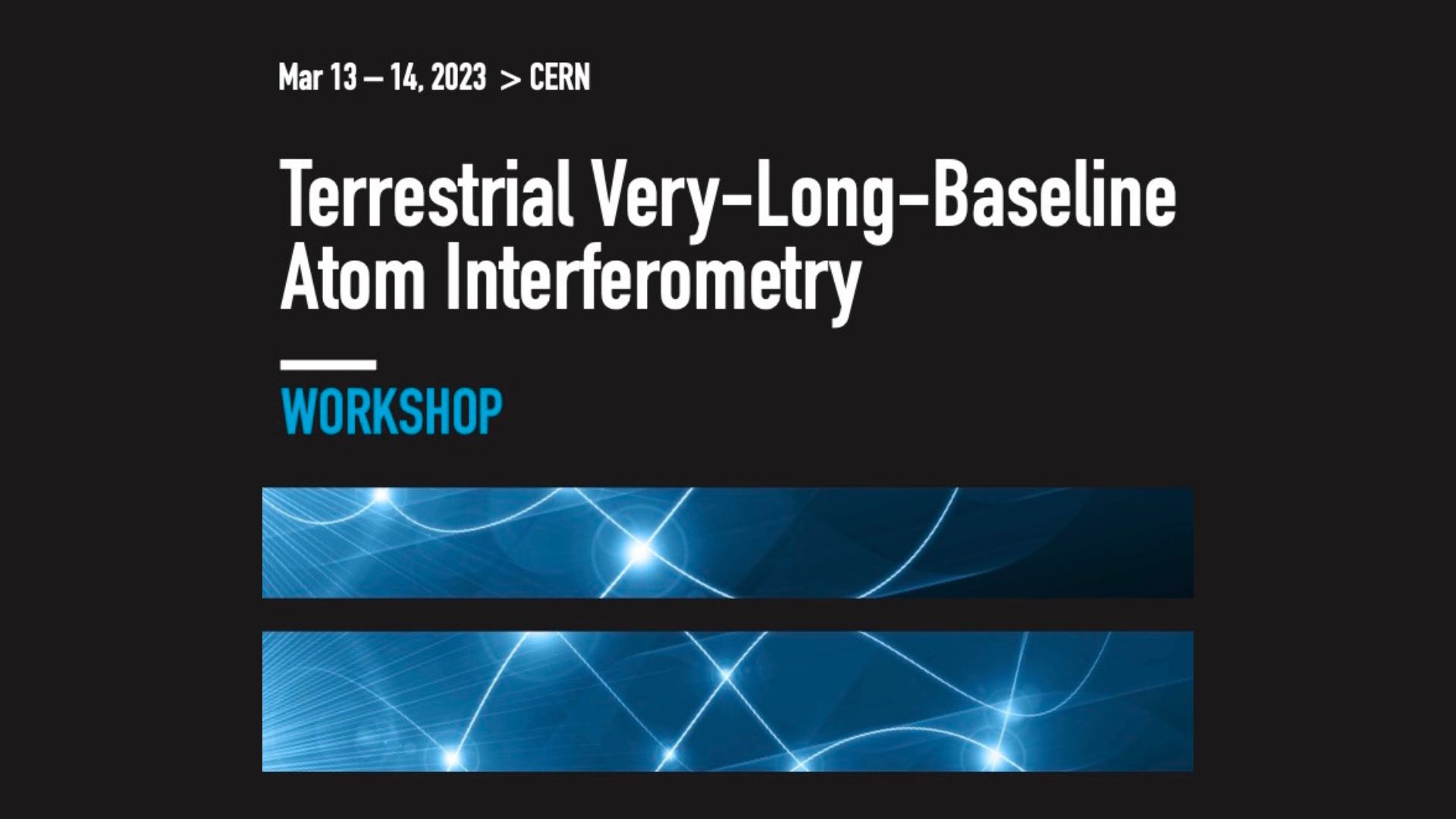The experimental landscape of AI projects has expanded significantly in recent years, ranging from ultra-sensitive experimental setups to portable devices and even commercially available gravimeters. Several large-scale terrestrial AIs based on Cold Atom technologies are currently under construction, in planning stages or being proposed.
This workshop will take stock of the developing international landscape of large-scale Atom Interferometer prototypes and discuss their synergies and complementarity. Such devices will be able to detect ultralight dark matter and gravitational waves in the mid-frequency band, complementing the capabilities of optical interferometers on Earth and the future LISA space mission, and offering unique sensitivity to ultralight bosonic dark matter.
The event will bring together the cold atom, astrophysics, cosmology, and fundamental physics communities and will build upon the Community Workshop on Cold Atoms in Space held in September 2021, which reviewed the cold atom experiment landscape for space and established a corresponding Roadmap for cold atoms in space
For more details, visit: https://indico.cern.ch/event/1208783/
————————
International Organisation Committee
Kai Bongs, University of Birmingham, UK
Philippe Bouyer, CNRS, Institut d’Optique, France
Oliver Buchmueller, Imperial College London, UK
Benjamin Canuel, CNRS, Institut d’Optique, France
Marilù Chiofalo, University of Pisa and INFN Pisa, Italy
John Ellis, King’s College London, UK
Naceur Gaaloul, Leibniz Universität Hannover, Germany
Jason Hogan, Stanford University, US
Timothy Kovachy, Northwestern University
Ernst Rasel, Leibniz Universität Hannover, Germany
Guglielmo Tino, Università di Firenze and LENS, Italy
Wolf von Klitzing, IESL-FORTH, Greece
Mingsheng Zhan, Wuhan Institute of Physics and Mathematics, China
Local Organisation Committee
Gianluigi Arduini, CERN, Geneva, Switzerland
Sergio Calatroni, CERN, Geneva, Switzerland
Albert De Roeck, CERN, Geneva, Switzerland, and University of Antwerp, Belgium
Michael Doser, CERN, Geneva, Switzerland
Elina Fuchs, CERN, Geneva, Switzerland

